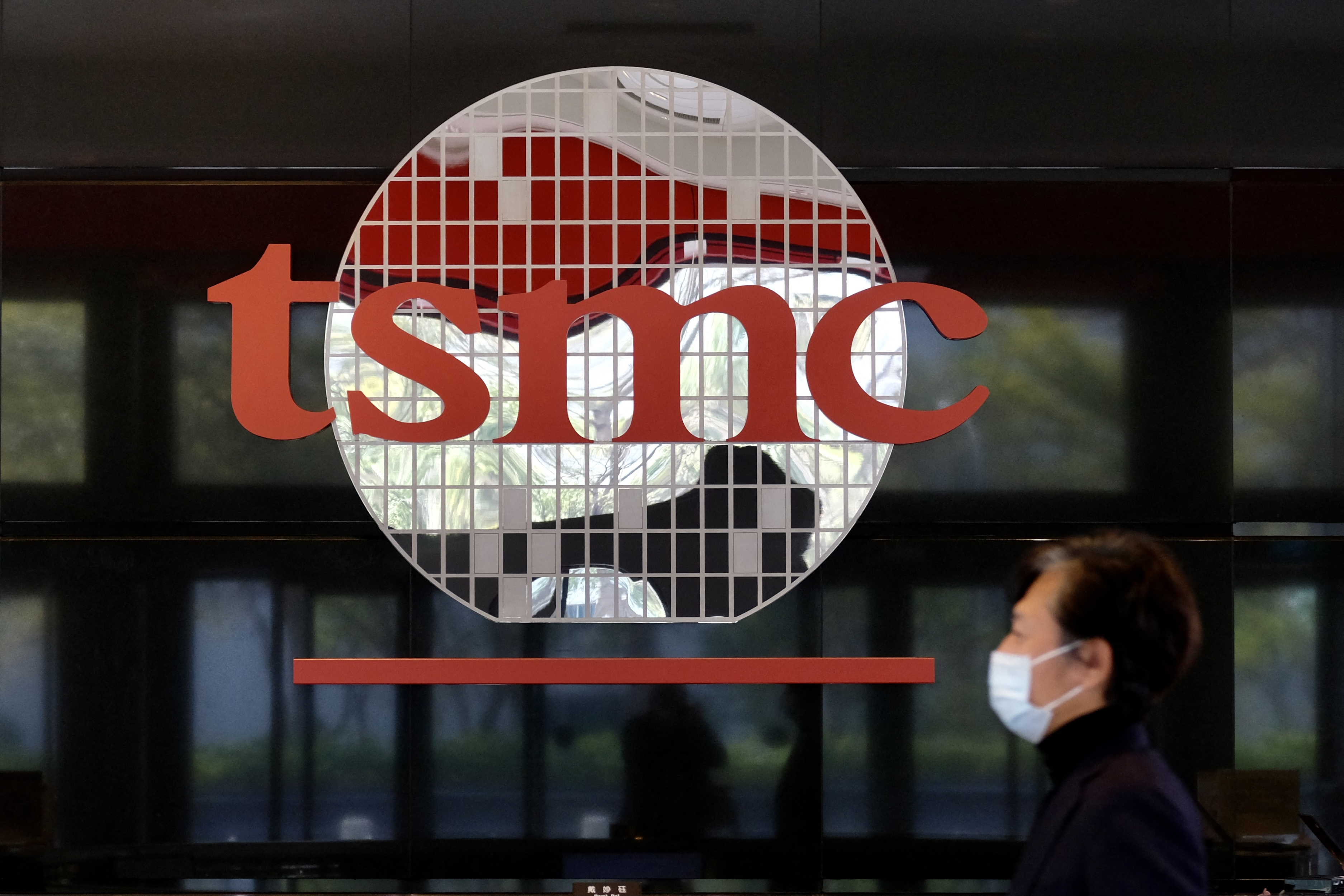
TSMC to spend $100 billion to beef up chip production

Over the next three years, the Taiwanese chip group TSMC will be spending around 100 billion dollars (85 billion euros) to expand its production capacity /Belga/AFP
Taiwan Semiconductor Manufacturing Co (TSMC), the world's leading manufacturer of advanced semiconductors for the automotive industry and bi


Comments
Ready to join the conversation?
You must be an active subscriber to leave a comment.
Subscribe Today